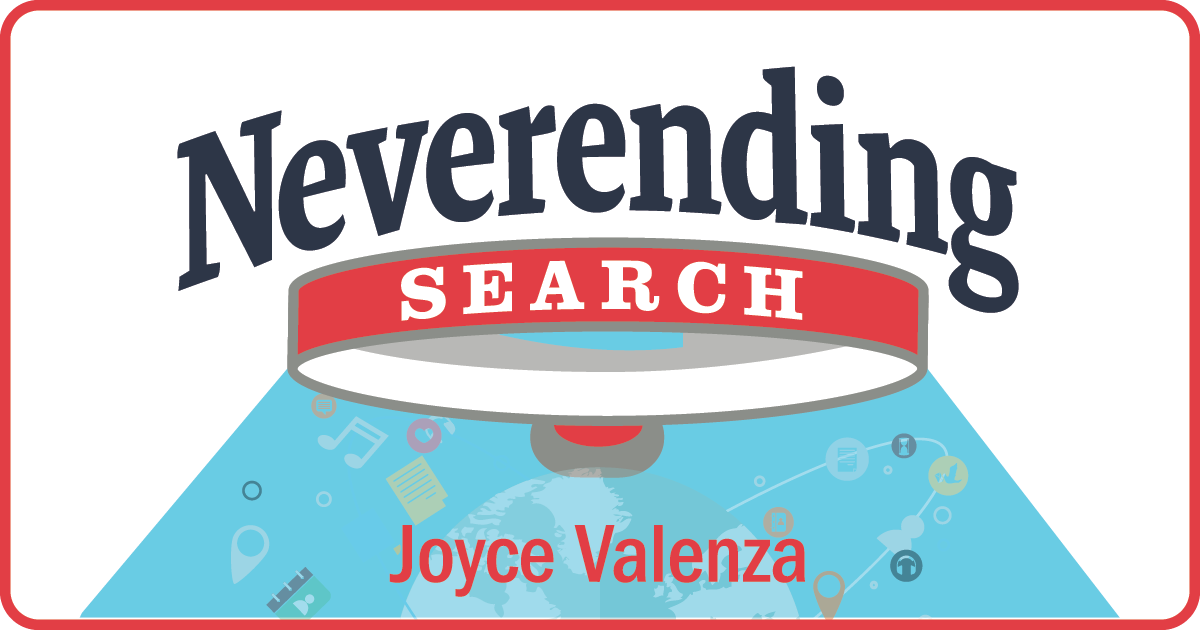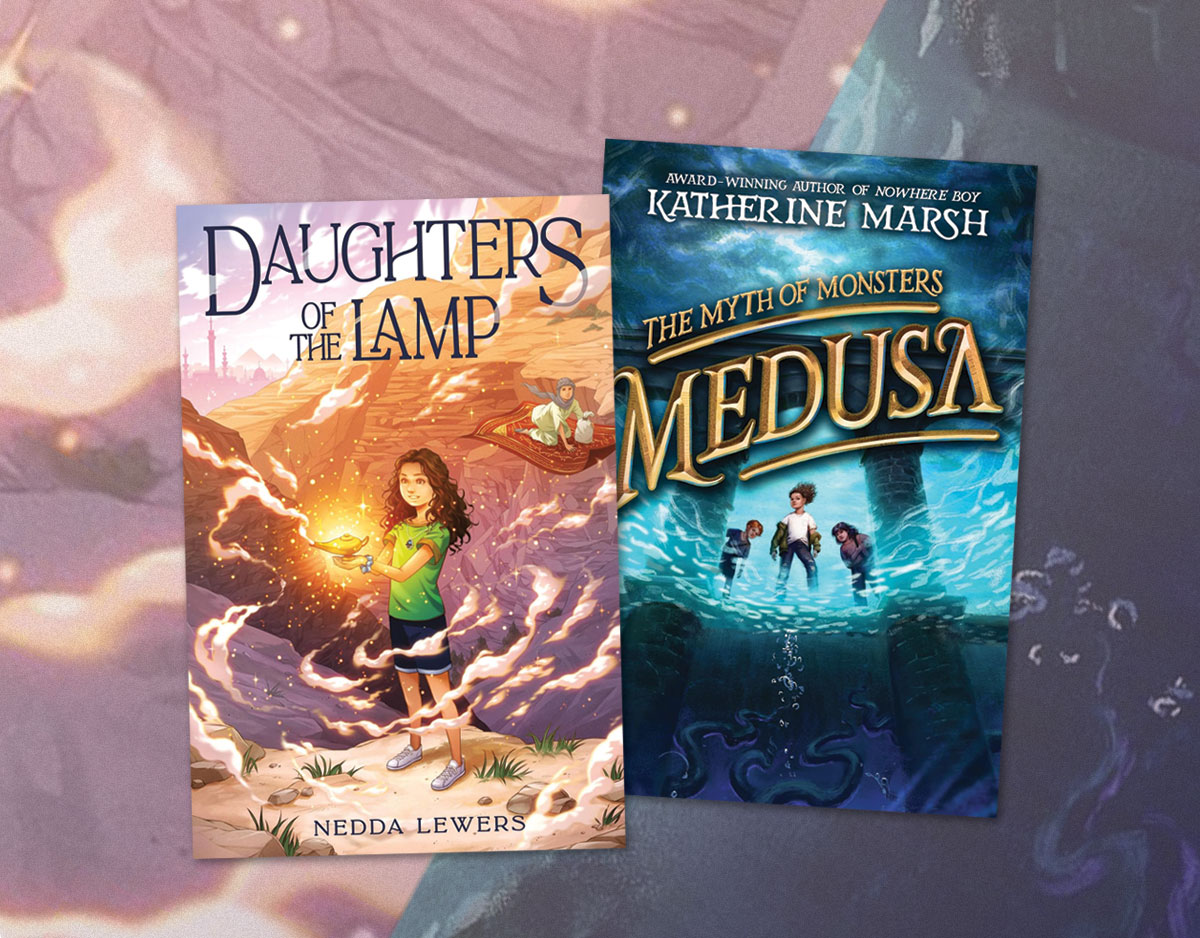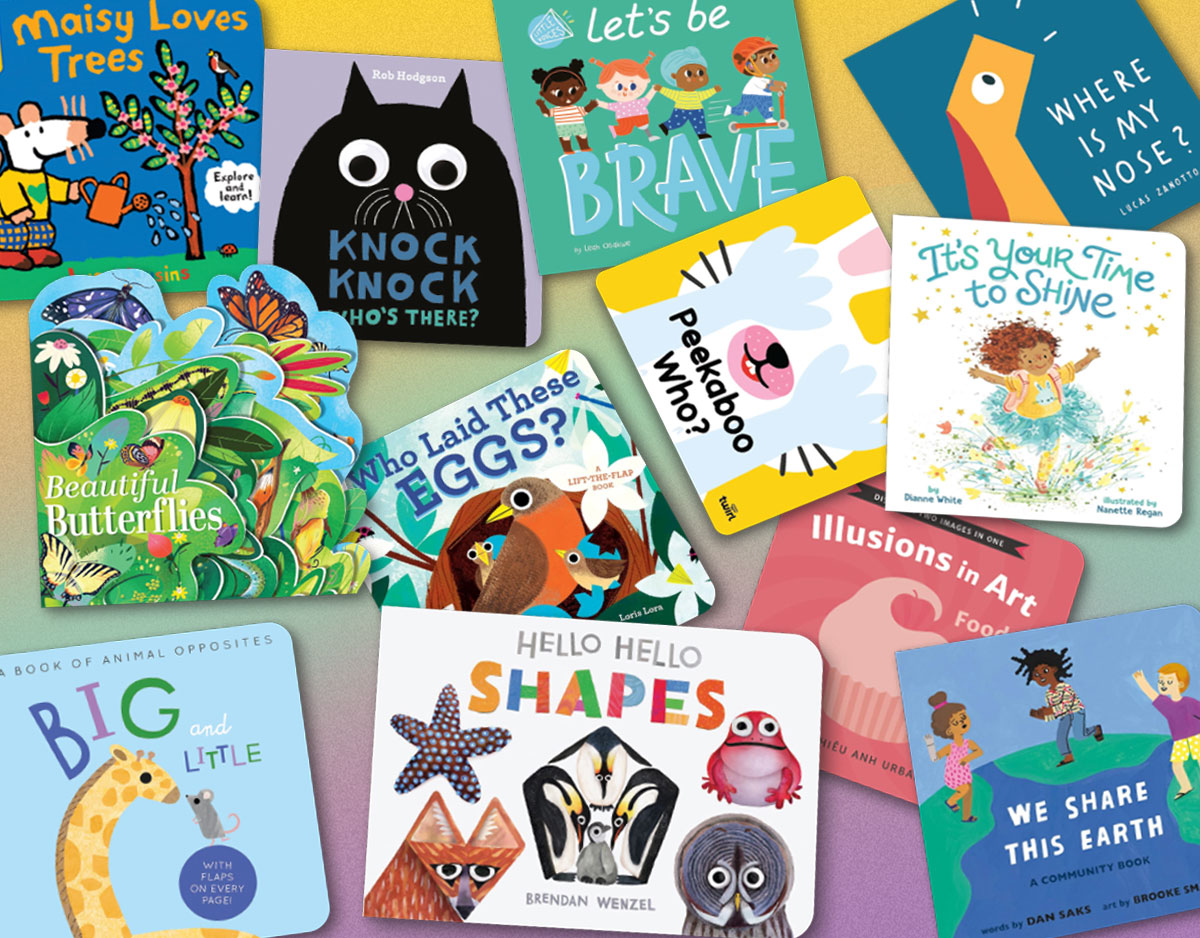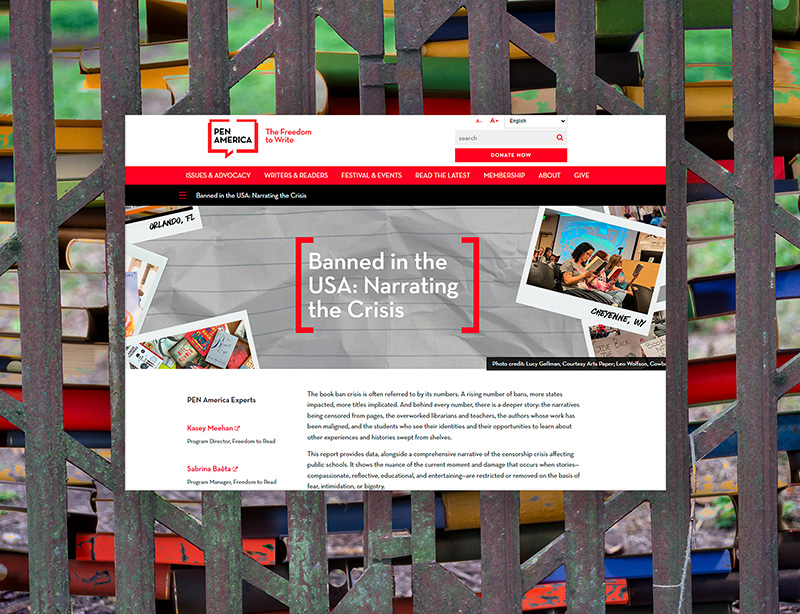SCROLL DOWN TO READ THE POST
Considering and teaching privacy with help from Library Freedom Institute
At ALA Midwinter, privacy was a major theme. It was a presence across sessions and on the exhibit floor.
In fact, LITA’s Top Tech Trends panel changed its pattern of asking folks to simply choose their favorite trends to transforming the panel to a conversation exclusively focused on privacy issues.
At that session and on the exhibit floor, I learned about Library Freedom Project and its free IMLS-funded Library Freedom Institute training program. Library Freedom Institute, which seeks to teach librarians the skills necessary to thrive as privacy advocates; from installing privacy software to influencing public policy.
ADVERTISEMENT
ADVERTISEMENT
As school librarians, of course, we should all be aware of the federal acts, regulations, and guidelines regarding student privacy, confidentiality, and security practices. These are easily available at the Office of Educational Technology’s Privacy page and the DOE’s Protecting Student Privacy page.
But it was exciting to get a more tangible and practical understanding of how librarians might lead more effectively and more powerfully in the area of privacy.
Topics of privacy concern relate directly to library core values and principles–intellectual freedom and confidentiality. Among the emerging privacy issues are growing intrusions relating to:
- data-gathering, mining, and selling
- facial recognition
- algorithmic decision making
- always-on surveillance devices and digital assistants
- drone delivery
- targeted digital messaging
- corporate interests not always transparently visible that are connected to VR and other technologies we purchase and use with our learning communities
Some of these technologies are baked into the applications we already use and rely on an everyday basis. Others will become features of emerging products designed by library vendors to improve and personalize services. Awareness is important.
Enter, Library Freedom Project. Founded by Alison Macrina, who participated on the LITA TTT panel, Library Freedom Project, offers a free, four-month course designed to prepare librarians with skills and strategies to:
- Understand the implications of surveillance and the loss of privacy in your communities.
- Use your new role as a privacy advocate to influence policy and
infrastructure. - Teach your own train-the-trainer workshops to other librarians.
- Approach members of your community about privacy concerns.
- Install and use privacy software to mitigate harms.
Among the hugely helpful resources offered by Library Freedom Project, that might be used with students or in professional or personal development are the following:
- Protecting Student Privacy presentation by Michele Alaniz
- Vendor Privacy Scorecard
- Three Facts about Facial Surveillance (posters or bookmarks)
- What is Facial Recognition? poster
- Privacy Micro-Module Presentations by Julia Wiswell
- Protecting My Privacy and Defending My Data: A How-To Guide presentation by Junior Tidal
- Protecting My Privacy and Defending My Data: A How-To Guide flyer
- Guide to Protecting Yourself from Online Harassment print guide
- Safe, Secure and Online: Privacy, Cybersecurity, and the 2020 Census presentation
- Sex Work, Free Speech and Censorship: What Librarians Need to Know About SESTA-FOSTA educational guide
- Protect Your Privacy bookmark
- From the Ocean to Your Computer bookmark
- What is Stalkerware? flyer
- Privacy Policy Template
- Bye-Bye Facebook postcard
- About Library Freedom Project educational guide
All of these resources are shared under a Creative Commons 4.0 Attribution International License.

I spoke to T.J. Lamanna, Emerging Technologies Librarian at Cherry Hill Public Library (NJ) at Midwinter. T.J. (bottom center of this photo) was a member of the second Library Freedom Institute cohort.
T.J. shared the critical importance of librarian involvement as privacy advocates:
The library is responsible for many things. Whether it’s reader’s advisory, adult and child literacy, programming, and a myriad of other things that happen behind the scenes which the public doesn’t see. One of the key facets of this is privacy. Librarians have attempted to take strident and strong positions on privacy, especially after the Patriot Act and the Snowden revelations. Unfortunately, we don’t always have the resources available to protect our patrons and students, nor do we always understand what we should be doing to protect them.
This cuts two ways, first the need to protect our patrons and students and secondly the need to protect ourselves. The elements we put into place that have to deal with privacy ultimately have a bearing on our personal lives as the skills translate. For instance, if we teach patrons and students how to create strong passwords there’s a greater chance we’ll use them ourselves, or if we talk about anonymity software such as VPNs or Tor, there is a greater chance we’ll advocate and use them in our personal spaces.
Our users trust us, and that trust is vital for many reasons. It’s important to understand what information we think is vital to the operation of our libraries and what information we might collect merely for the sake of collecting. It’s important to understand how information is stored and who has access to it. It’s important to equip our users and students with better understandings of how to become knowledgable privacy advocates for themselves and their communities.
Check out T.J.’s recent article On Educating Patrons On Privacy And Maximizing Library Resources in the LITA’s ITAL journal.
Though it is just too late to apply for this spring’s cohort, school librarians might consider applying as members of the next cycle.
Filed under: technology
About Joyce Valenza
Joyce is an Assistant Professor of Teaching at Rutgers University School of Information and Communication, a technology writer, speaker, blogger and learner. Follow her on Twitter: @joycevalenza
ADVERTISEMENT
SLJ Blog Network
One Star Review, Guess Who? (#202)
This Q&A is Going Exactly As Planned: A Talk with Tao Nyeu About Her Latest Book
More Geronimo Stilton Graphic Novels Coming from Papercutz | News
Take Five: LGBTQIA+ Middle Grade Novels
The Classroom Bookshelf is Moving
ADVERTISEMENT
ADVERTISEMENT










